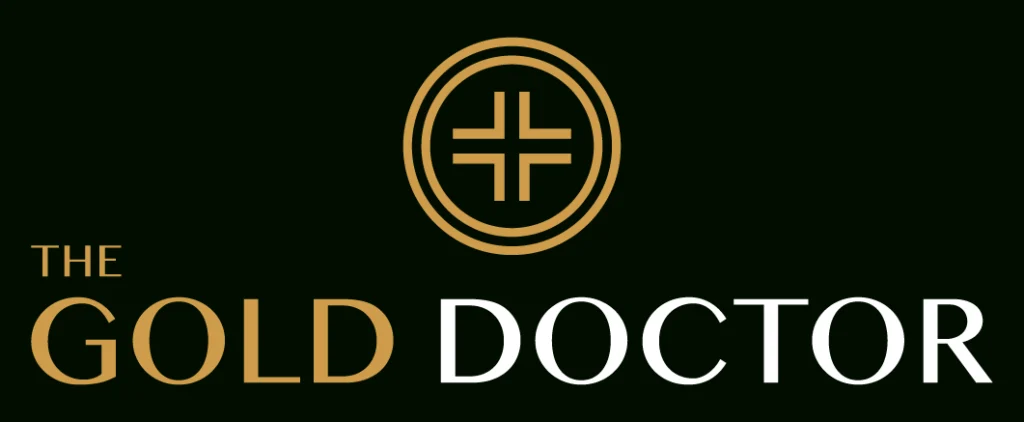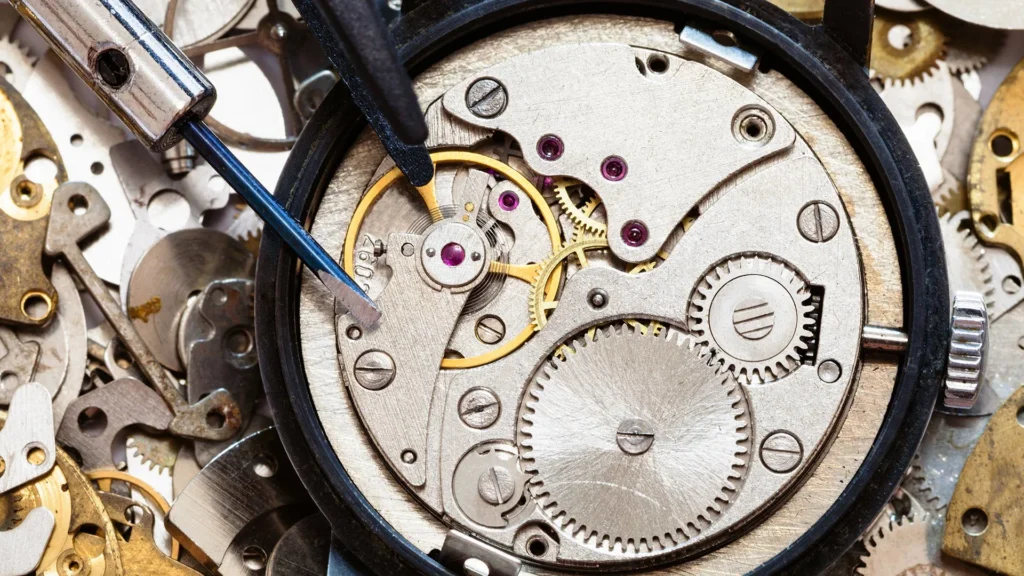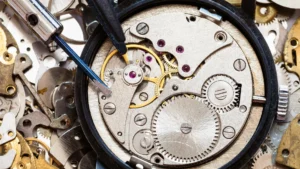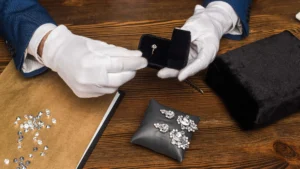The intricate world of horology encompasses a fascinating array of mechanisms that power our timekeeping devices. At the heart of every watch lies its movement – the engine that drives the hands and any additional complications. For those new to watch collecting or simply curious about what makes their timepiece tick, the two primary types of watch movements you’ll encounter are mechanical and quartz. Each possesses its own unique history, construction, characteristics, and appeal. Understanding the fundamental differences between mechanical and quartz movements is crucial in choosing a watch that aligns with your preferences, lifestyle, and budget.
This comprehensive guide will delve into the inner workings of both mechanical and quartz watches, exploring their history, construction, accuracy, maintenance requirements, aesthetic qualities, and price points. By examining these key aspects, we aim to provide you with the knowledge necessary to confidently determine which type of watch movement is the right fit for you.
Mechanical Watch Movements: The Art of Horology
Mechanical watch movements represent the pinnacle of traditional watchmaking. Powered by a mainspring that is wound either manually by turning the crown or automatically by the motion of the wearer’s wrist, these movements rely on a complex interplay of gears, springs, and levers to measure and display time. There are two main types of mechanical movements:
- Manual-Winding: These watches require the wearer to manually wind the crown regularly (typically once a day) to store energy in the mainspring. The act of winding connects the wearer to the intricate mechanics within and is often seen as a ritualistic part of ownership.
- Automatic (Self-Winding): Automatic watches feature a rotor that spins with the movement of the wearer’s wrist. This kinetic energy is transferred to the mainspring, automatically winding the watch as it’s worn. They typically also have the option for manual winding.
Key Characteristics of Mechanical Watches:
- Craftsmanship: Mechanical movements are admired for their intricate construction, often involving hundreds of tiny, meticulously finished parts assembled by skilled watchmakers. Many feature exhibition case backs, allowing the wearer to admire the movement’s beauty.
- No Battery Required: As long as they are wound regularly (manual) or worn (automatic), mechanical watches do not require batteries.
- Accuracy: While mechanical watches have made significant advancements in accuracy, they are generally less precise than quartz movements. Their accuracy can be affected by factors like temperature, gravity, and the watch’s position. High-end mechanical watches often undergo rigorous testing and regulation to minimize these variations.
- Maintenance: Mechanical watches require periodic servicing by a watchmaker, typically every 3 to 5 years, to clean, lubricate, and adjust the movement to ensure optimal performance and longevity.
- Aesthetic Appeal: Many watch enthusiasts appreciate the smooth sweep of the second hand in mechanical watches, a visual difference from the ticking motion of quartz watches.
- Price: Generally, mechanical watches, especially those with intricate movements and fine finishing, tend to be more expensive than quartz watches.
Quartz Watch Movements: Precision and Convenience
Quartz watch movements revolutionized the watch industry in the late 20th century. They utilize a battery to send an electrical current through a small quartz crystal, causing it to vibrate at a precise frequency. These vibrations are then translated into accurate timekeeping via a simple electronic circuit and a stepping motor that moves the hands.
Key Characteristics of Quartz Watches:
- High Accuracy: Quartz watches are significantly more accurate than most mechanical watches due to the consistent frequency of the quartz crystal’s vibrations. They typically deviate by only a few seconds per month.
- Battery Powered: Quartz watches require a battery to function, which typically needs to be replaced every 1 to 2 years, depending on the watch and its features.
- Relatively Simple Construction: Compared to the intricate mechanics of a mechanical movement, quartz movements are generally simpler, involving fewer moving parts.
- Lower Maintenance: Quartz watches require less frequent servicing than mechanical watches, primarily involving battery replacements.
- Variety of Features: Quartz movements easily accommodate various complications like chronographs, alarms, and digital displays, often at a more affordable price point.
- Price: Quartz watches are generally more affordable than mechanical watches, making them accessible to a wider range of consumers.
Choosing the Right Movement for You:
The decision between a mechanical and a quartz watch ultimately comes down to personal preferences and priorities:
- Choose Mechanical if:
- You appreciate the art and history of traditional watchmaking.
- You value intricate craftsmanship and the beauty of the movement.
- You enjoy the ritual of winding your watch or the idea of a self-powered timepiece.
- You are less concerned with absolute accuracy and are willing to invest in periodic servicing.
- You appreciate the smooth sweep of the second hand.
- Choose Quartz if:
- High accuracy and reliability are your top priorities.
- You prefer low maintenance and the convenience of battery power.
- You are looking for a more affordable timepiece with a wide range of features.
- You prefer a watch that you can pick up and wear without needing to wind it.
Ultimately, there is no “better” movement. Both mechanical and quartz watches offer unique qualities and cater to different tastes. Understanding their fundamental differences will empower you to make an informed decision and choose a timepiece that you will appreciate for years to come. Consider your lifestyle, budget, and aesthetic preferences to determine which type of watch movement will be the perfect companion on your wrist.









